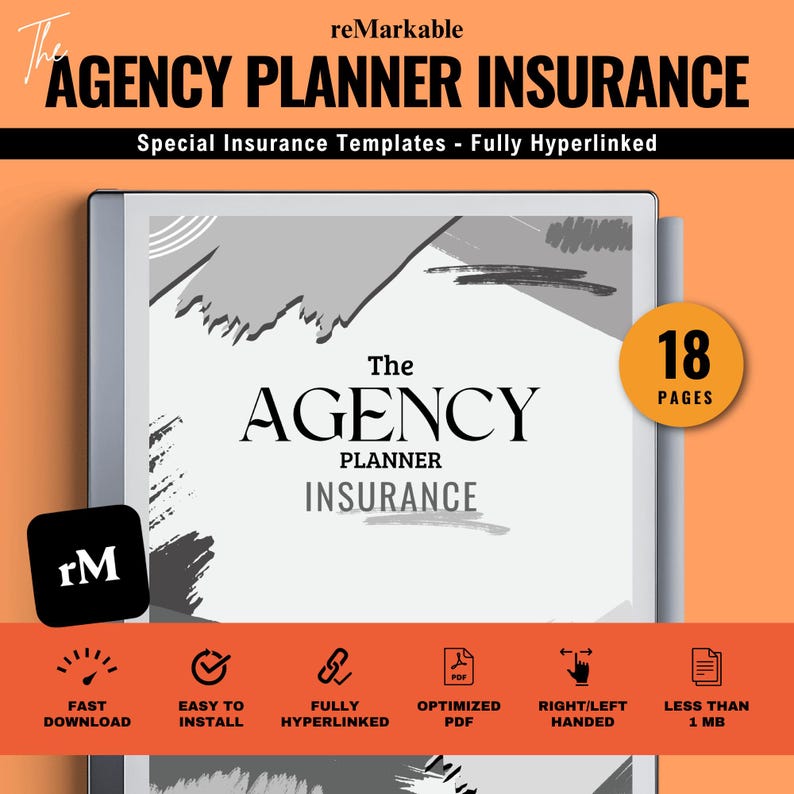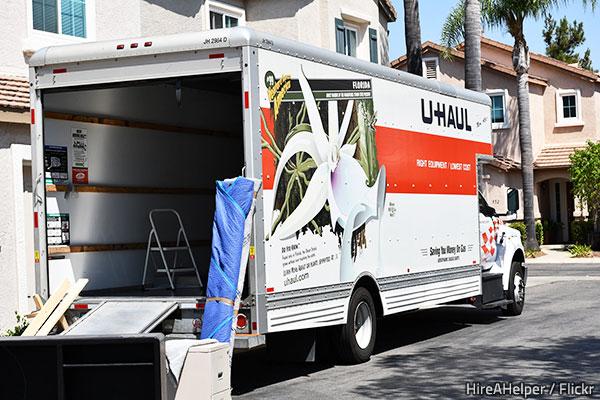In the complex world of trucking leasing deals, one critical aspect often overlooked by both carriers and lessees is insurance coverage. Understanding the nuances of insurance in these arrangements is essential—not only for protecting valuable assets but also for managing risks and ensuring regulatory compliance. Whether you’re a seasoned fleet operator or new to leasing trucks, navigating insurance policies can be a daunting task with significant financial and legal implications. In this article, we’ll break down the key points you need to know to make informed decisions and safeguard your business in trucking leasing agreements.
Table of Contents
- Insurance Requirements and Liability Distribution in Trucking Leasing Agreements
- Key Coverage Types Essential for Trucking Leases
- Evaluating Risk Factors and Choosing the Right Insurance Provider
- Best Practices for Negotiating Insurance Terms in Leasing Contracts
- The Conclusion
Insurance Requirements and Liability Distribution in Trucking Leasing Agreements
When entering into trucking leasing agreements, clearly defining insurance requirements is crucial to protect all parties involved. Typically, the lessee, who operates the vehicle, must maintain primary insurance coverage, including liability, cargo, and physical damage insurance. The lessor often requires proof of these policies with adequate limits before allowing the vehicle’s use. To mitigate risks, many contracts specify additional insured endorsements naming the lessor, ensuring their protection under the lessee’s policy. This approach minimizes disputes over financial responsibility and helps both sides avoid costly litigation in the event of accidents or losses.
Liability distribution in these agreements can vary depending on the nature of the lease and local regulations, but common practice dictates that operational liabilities remain with the lessee. However, lessors must remain vigilant and may be held partially liable if negligence arises from vehicle maintenance or leasing terms. Key elements usually addressed in the contract include:
- Minimum insurance coverage thresholds for bodily injury, property damage, and cargo loss
- Responsibility for deductibles and uninsured losses
- Procedures for reporting incidents and claims management
- Conditions under which indemnity clauses apply
Careful negotiation and explicit documentation of these elements ensure balanced risk allocation and reinforce a solid legal framework within trucking leasing deals.
Key Coverage Types Essential for Trucking Leases
When navigating the complexities of trucking leases, ensuring the right insurance coverage is paramount to safeguarding your investment and operations. Liability insurance tops the list, covering damages or injuries caused by the leased vehicle during transit. This type of coverage is critical not only for legal compliance but also for protecting against potentially devastating financial losses resulting from accidents. Complementing this is physical damage coverage, which addresses any harm done to the truck itself, whether from collisions, theft, or natural disasters, ensuring that repair or replacement costs won’t derail your business cash flow.
Beyond these essentials, trucking leases often require cargo insurance to protect the goods you’re transporting. Without it, damage or loss of freight could translate into massive out-of-pocket expenses. Additionally, consider the value of non-trucking liability insurance, which offers protection during truck usage unrelated to hauling freight — an often overlooked but vital aspect. Armed with these coverage options, both lessors and lessees can mitigate risks effectively, creating a solid foundation for a sustainable leasing partnership.
Evaluating Risk Factors and Choosing the Right Insurance Provider
When navigating the complexities of trucking leasing deals, assessing potential risk factors is crucial for both lessors and lessees. Understanding the specific hazards linked to vehicle use, cargo type, and operational routes can help in tailoring an insurance policy that truly mitigates exposure. Consider elements such as driver experience, vehicle maintenance history, and frequency of long-haul trips. These variables not only influence the likelihood of accidents but also affect insurance premiums and coverage needs. A thorough risk evaluation ensures that you are not underinsured or overwhelmed by unnecessary coverage costs.
Choosing the right insurance provider is equally important and demands a strategic approach beyond just comparing quotes. Look for insurers with specialized expertise in trucking and leasing, who can offer customized policies and responsive claims handling. Key factors to evaluate include:
- Financial stability and reputation within the trucking industry
- Range of coverage options including liability, cargo, and physical damage
- Customer support and claims processing efficiency
- Flexibility in policy adjustments as leasing arrangements evolve
Selecting an insurer who understands how leasing intricacies impact risk will secure your investment and provide peace of mind on every mile traveled.
Best Practices for Negotiating Insurance Terms in Leasing Contracts
When entering into leasing agreements in the trucking industry, it’s crucial to approach insurance negotiations with clear objectives and a thorough understanding of risk allocation. Start by identifying which party holds responsibility for different types of coverage, such as liability, comprehensive, and collision. Make sure to request detailed explanations about the coverage limits and any exclusions that might apply. This level of transparency helps avoid costly disputes down the line. Additionally, don’t hesitate to negotiate the terms that dictate who pays premiums, when payments are due, and how claims processes will be managed—this can often be customized to fit the operational and financial priorities of both lessor and lessee.
Practical negotiation strategies include emphasizing your business’s safety record and risk mitigation measures to potentially reduce premium costs. Also consider the following points:
- Requesting flexibility on coverage adjustments as business needs evolve
- Including clauses that specify prompt notification and cooperation during claims investigations
- Ensuring the contract outlines clear indemnification terms protecting your interests
- Verifying that the insurance carrier meets industry standards and has a reputable claims history
By proactively addressing these components, you position yourself to secure balanced insurance provisions that protect assets while maintaining operational agility, ultimately fostering a healthier and more transparent leasing relationship.
The Conclusion
Navigating the complexities of insurance coverage in trucking leasing deals is crucial for both lessors and lessees. A clear understanding of the types of coverage, liability responsibilities, and potential risks can safeguard your business from costly surprises down the road. As the trucking industry continues to evolve, staying informed and working closely with insurance professionals ensures that your leasing agreements are not only compliant but also provide the protection your operations truly need. Ultimately, a well-structured insurance plan is an investment in the longevity and security of your trucking business.






